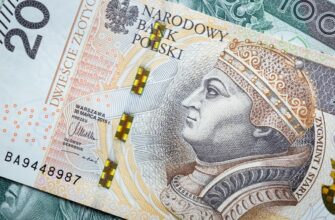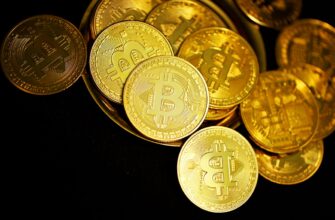Why Trade Bitcoin Without KYC in Buenos Aires?
In Buenos Aires’ dynamic crypto scene, many seek to exchange Bitcoin without KYC (Know Your Customer) verification for enhanced privacy, faster transactions, or regulatory concerns. Argentina’s strict capital controls and inflation make Bitcoin a popular hedge, yet traditional exchanges often require ID documents, bank links, and lengthy approvals. Opting for non-KYC methods offers:
- Anonymity: No personal data sharing with third parties
- Speed: Instant trades vs. days-long KYC checks
- Accessibility: Ideal for unbanked individuals or those avoiding financial surveillance
But caution is crucial—non-KYC trades carry risks like scams or limited legal recourse. This guide explores safe, practical options for Buenos Aires residents.
Top 4 Methods to Exchange Bitcoin Without KYC in Buenos Aires
Choose these proven approaches for private crypto swaps in the capital:
- P2P Marketplaces: Platforms like LocalCryptos or Hodl Hodl connect buyers/sellers directly. Trade via cash, bank transfer, or Mercado Pago with escrow protection.
- Bitcoin ATMs: Use machines in Palermo or Recoleta accepting cash deposits. Limits apply (usually ~$500 USD equivalent per transaction).
- Decentralized Exchanges (DEXs): Swap BTC for stablecoins on Uniswap or PancakeSwap via self-custody wallets—zero ID needed.
- In-Person Cash Trades: Meet trusted counterparts from crypto communities (e.g., Telegram groups) at public spots like Starbucks or co-working spaces.
Step-by-Step: Using P2P Platforms Safely
Follow this process for secure non-KYC trades on P2P exchanges:
- Sign Up Anonymously: Use a VPN and non-identifiable email. Avoid linking phone numbers.
- Find Local Traders: Filter for “Buenos Aires” sellers/buyers with high ratings (95%+).
- Initiate Trade: Select payment method (e.g., cash deposit), amount, and lock rates.
- Use Escrow: Ensure the platform holds BTC until payment confirmation.
- Complete Payment: Deposit cash at designated banks or meet securely. Share proof via the app.
- Release Funds: Seller confirms receipt, and BTC is sent to your wallet.
Mitigating Risks in Non-KYC Bitcoin Exchanges
Protect yourself with these strategies:
- Scam Avoidance: Verify trader history and avoid “too-good-to-be-true” offers. Never share wallet keys.
- Privacy Protection: Use Tor browsers, hardware wallets (e.g., Ledger), and clean devices for transactions.
- Legal Awareness: Argentina doesn’t ban crypto, but large trades may attract tax scrutiny. Stay under AFIP radar.
- Security Measures: Meet in daylight/public areas for cash trades. Enable 2FA on all accounts.
Frequently Asked Questions (FAQ)
- Is it legal to exchange Bitcoin without KYC in Buenos Aires?
Yes, but exchanges over ~$1000 USD may require tax reporting. Non-KYC trades exist in a legal gray area—prioritize small amounts. - What’s the cheapest non-KYC method?
P2P platforms typically charge 0.25–1% fees vs. Bitcoin ATMs (5–10%). Cash trades avoid fees but require trust. - Can I convert to Argentine pesos without KYC?
Yes! Use P2P platforms supporting ARS transfers or sell BTC for cash directly. - How do I find reliable traders?
Join local communities like “Cripto Argentina” on Telegram or Bitcointalk forums. Check reviews and trade history. - Are there limits on non-KYC transactions?
Most methods cap at $500–$2000 USD daily. For larger sums, split transactions across days/platforms. - What wallets work best?
Non-custodial wallets like Electrum (desktop) or BlueWallet (mobile) ensure full control without ID.
Navigating Bitcoin exchanges without KYC in Buenos Aires demands vigilance but empowers financial autonomy. Always prioritize security, start small, and stay informed about local regulations. For high-value trades, consult a crypto-savvy tax advisor.








